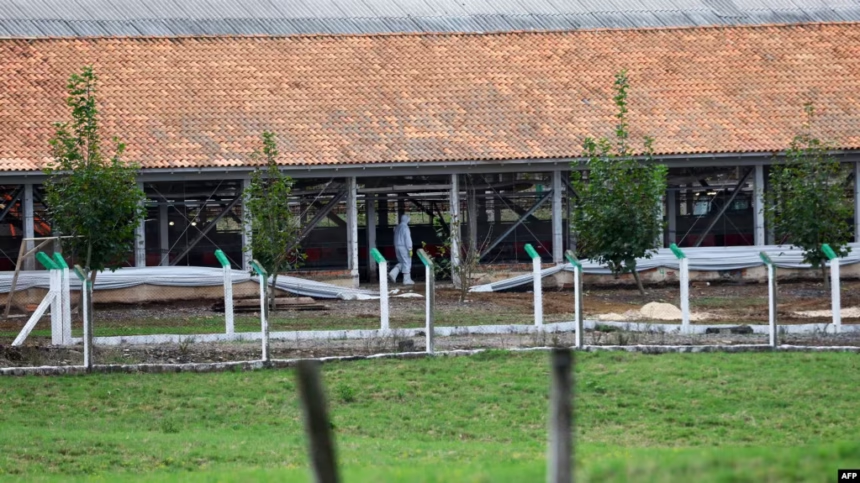The European Commission has announced an immediate ban on poultry and meat imports from Brazil, following a confirmed outbreak of highly pathogenic avian influenza (HPAI) on a Brazilian poultry farm.
Brazil, the world’s largest poultry exporter and a major supplier to the European Union, will no longer be allowed to ship poultry products or meat to the EU. The decision comes after Brazilian authorities reported the outbreak last Friday in the southern state of Rio Grande do Sul.
“EU import conditions require that the exporting country must be free from HPAI,” a European Commission spokesperson stated on Monday.
As a result of the outbreak, Brazilian authorities can no longer issue animal health certificates for export to the EU, and all such certificates are now considered invalid. The entire Brazilian territory has lost its official status as free from HPAI under EU regulations.
Brazil’s Agriculture Minister Carlos Favaro acknowledged the outbreak, adding that under existing international protocols, countries such as China, the EU, and South Korea are expected to suspend poultry imports for 60 days. However, the European Commission did not confirm any specific timeline for lifting the ban.
While the EU accounts for only a small portion of Brazil’s poultry exports—about 4.4% in 2024—the impact is symbolic given that Brazil supplies around 32% of all poultry meat imported into the EU, according to official data. Most of the EU’s consumption is, however, covered by domestic production.
Brazil exported over 5 million tons of poultry meat in 2024, with major buyers including China, the UAE, Japan, Saudi Arabia, and South Africa.
The European Commission emphasized that, as long as Brazil remains affected by HPAI, no meat or poultry products can be exported from any part of its territory to EU markets.







